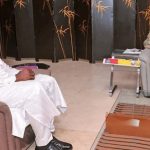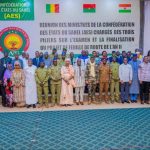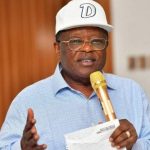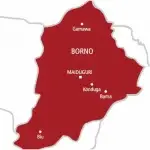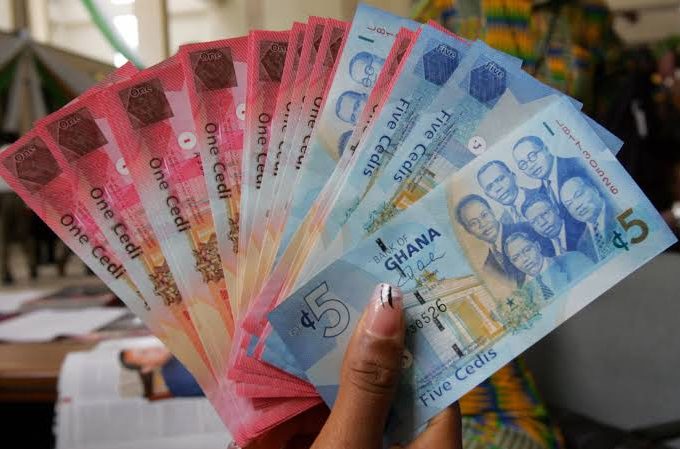
The U.N. mission in Libya is set to resume talks between rival factions in Tripoli on Wednesday. The discussion is to address political tensions surrounding the control of the Central Bank of Libya.
As earlier reported, Libya is facing a central bank crisis that has halted oil production. The eastern factions, led by Khalifa Haftar, shut down oil facilities in response to attempts by the Tripoli-based Presidential Council to replace the central bank governor, Sadiq al-Kabir. The Libyan central bank solely handles oil revenues, which the country’s economy heavily relies on.
According to a Reuters report, Libya’s two legislative bodies, the House of Representatives in the east and the High Council of State in the west, recently agreed to appoint a new central bank governor. This was to ease the conflict, which significantly reduced the country’s oil production and revenue. Talks to select a nominee for governor and form a new board of directors were initially scheduled to conclude Monday but have now been extended.
Read: Workers Strike at Kenya’s Main Airport Over Adani Group’s 30-Year Lease Deal
About The Author
Related Articles
Three Doctors Suspended as Medical Council Probes Death of Chimamanda Adichie’s Son
Nigeria’s medical regulatory authority has taken the rare and serious step of...
ByWest Africa WeeklyMarch 4, 2026Night Gunfire Near Presidential Palace Sparks Tension in Ouagadougou
Gunshots were heard late on the night of February 28 into March...
ByWest Africa WeeklyMarch 3, 2026Uganda to Start Domestic Gold Purchasing Programme to Boost Reserves
Uganda’s central bank has announced plans to launch a domestic gold buying...
ByWest Africa WeeklyMarch 3, 2026Ghana’s Cedi Expected to End 2026 Around GH¢12.85 to the Dollar
The Ghanaian cedi is projected to hold relatively steady against the United...
ByWest Africa WeeklyMarch 3, 2026


